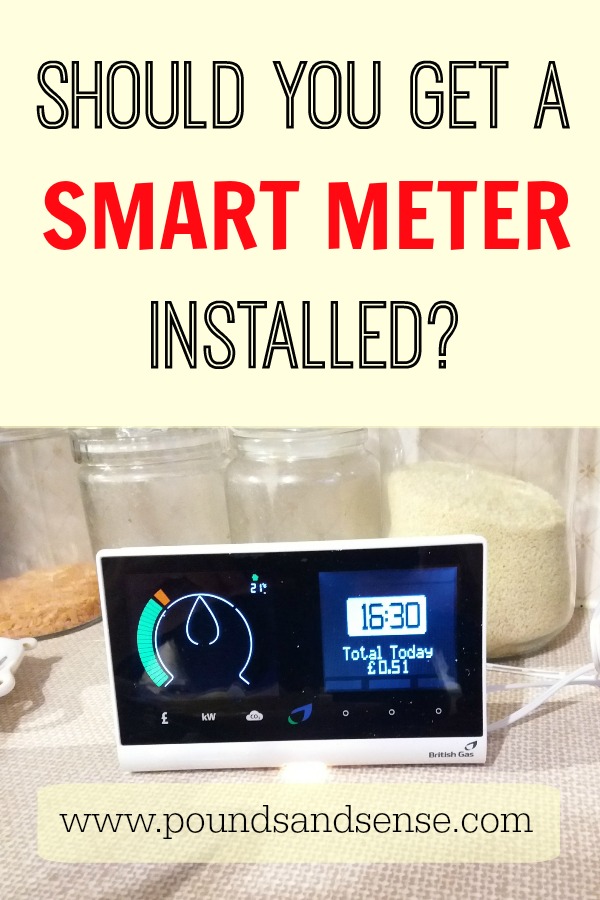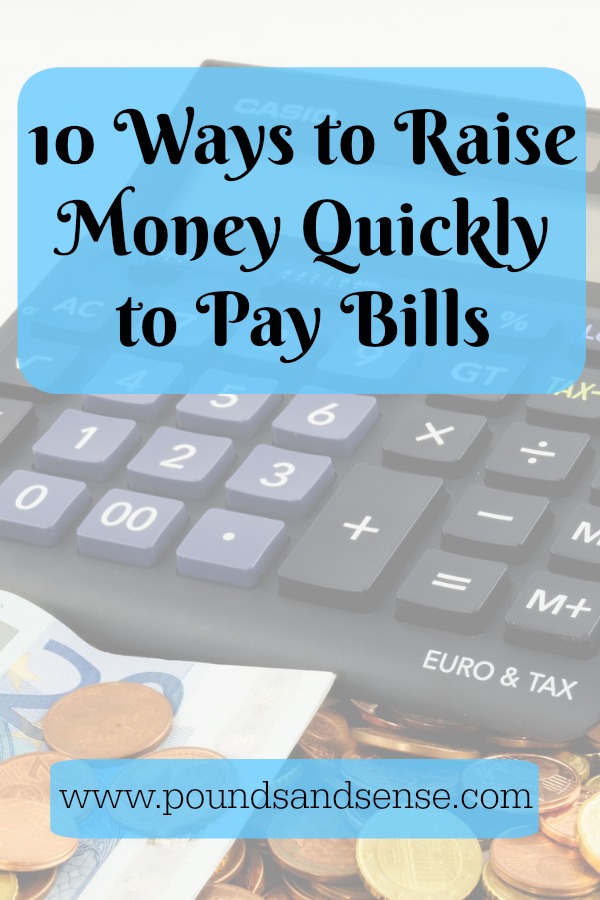Can You Make a Living from Matched Betting?
I’ve talked about matched betting a few times on this blog. It’s a way of making risk-free (and tax-free) cash by taking advantage of bookmaker special offers and promotions.
Matched betting is perfectly legal and (done properly) it’s not gambling. You can read my introduction to matched betting here, and why I believe it can be a good money-making sideline for older people here.
I am writing about it again now because I’ve seen a number of questions posted recently in Facebook groups and forums asking, if matched betting is so good, can you make a full-time living from it? As a reasonably experienced matched bettor myself, I thought I would share my own thoughts on this subject here.
Don’t Believe The Hype
Don’t get me wrong, I am a big fan of matched betting, but it’s important to understand what it can (and can’t) realistically deliver.
It’s not hard if you search online to find people claiming to make thousands of pounds a month from matched betting. These claims do need to be treated with a degree of scepticism, however. Here are just a few reasons…
1. Some people when describing their matched betting earnings include money they make from affiliate programmes. As you may know, the main matched betting advisory services all run affiliate schemes that pay commission for referring new members. I am an affiliate myself, but I wouldn’t ever count affiliate commissions as matched betting profits.
2. The inflated earnings figures typically include money from casino offers. While there is undoubtedly money to be made this way, it is not matched betting and it is not risk-free. Casino offers are really a whole different ballgame. I don’t touch this type of offer myself, except occasionally when I am offered free spins by an online bookmaker.
3. Some of the people making big money are doing so by setting up multiple accounts, e.g. in the names of friends or relatives. They then take advantage of bookmakers’ introductory offers several times over. This is of course completely against bookmakers’ rules and regulations, and may well be illegal. It is not something I would ever advocate doing myself.
Also, despite the claims that matched betting is suitable for everyone, there are some people who probably shouldn’t do it at all. I am thinking especially here of people who may have (or develop) a gambling addiction. Matched betting itself isn’t gambling, but if you think it might draw you into it, then you may be best looking elsewhere to generate a sideline income.
There are also some people who struggle with the practical aspects of matched betting. It’s not rocket science, but you do need a basic grasp of mathematics, and to be well organised and logical. If not, there is a real risk you will get stressed out, make mistakes, and lose money as a result.
The Reality
One key fact about matched betting is that the best opportunities are presented by the introductory offers. By following matched betting principles, you can earn a genuine risk-free thousand pounds or more from these.
Once you have exhausted these offers, however, it does become more difficult (and time consuming). There are so-called reload offers, but these are typically not risk-free. An example is horse-racing refunds. This is where you back and lay a horse in a race and hope that a particular outcome occurs that triggers a refund from the bookmaker.
An example would be if a bookie offers to refund your stake if your horse comes second in a race. If the horse does come second, you get your stake money returned by the bookmaker but also win the lay bet, giving you a net profit. This type of offer can be profitable in the long run, but a lot of the time you will lose a small amount backing and laying when the refund-triggering event doesn’t occur.
For all these reasons, as you may have guessed, I don’t recommend looking to matched betting to provide a full-time income. And I definitely don’t recommend giving up your job to do it full-time. After the first month or two you will be relying on reload offers, and this is no way to generate a reliable monthly income that you – and perhaps your family – can live off.
In my opinion matched betting is best regarded as a tax-free moneymaking sideline which you can use to supplement other sources of income. If you are new to matched betting the welcome offers can also provide a quick financial boost – maybe to pay off debts or fund a holiday or other large purchase. But bear in mind that after a month or two, making money this way is likely to become a lot harder as the sign-up offers run out.
Advisory Services
I’ve said this before, but if you’re new to matched betting, I strongly recommend joining up with a matched betting advisory service. As well as providing tutorials to get you up to speed, these services provide essential online tools, including oddsmatching software and calculators. They will also alert you to a wide range of money-making opportunities, and offer support and advice if needed.
There are various advisory services you can use. I currently recommend the popular Outplayed service (formerly Profit Accumulator), This is a dedicated matched betting website. You can join free initially and they will provide details of two offers you can take advantage of straight away. These should make you up to £40 in net profit.
If you wish to proceed further, you can then pay a monthly fee (currently £29.99) to become a ‘Platinum’ member and get access to Outplayed’s full range of betting offers and services. If you are interested in casino offers as well, you can sign up to their ‘Diamond’ service, which additionally gives you access to casino offers and software and costs £49.99 a month.
As well as detailed instructions on offers, Outplayed also provide various online tools you can use. Their oddsmatcher, for example, helps you find markets where the back and lay odds are as close as possible, so you can minimize your losses on qualifying bets and maximize the value of your free bets. They also have calculators, where you enter the back and lay odds and how much you want to bet at the bookmaker. The calculator then reveals how much you need to lay at the exchange to guarantee a set profit (or qualifying loss) with either outcome.
A further advantage of joining Outplayed is that you get access to the members-only community forum, where you can get any questions you may have answered by more experienced members and/or the Outplayed team.
For more information about Outplayed and its different membership levels, just click through this link [affiliate].
- If you are at all sceptical about the Outplayed service, you might like to check out the reviews on the independent Trust Pilot website. They currently average 4.7 out of 5 stars, with 89% of respondents awarding them a five star (‘Excellent’) rating. That is one of the highest average ratings I can recall seeing on Trust Pilot.
As ever, if you have any questions or comments about matched betting, please do post them below.
Disclosure: This post includes affiliate links. If you click through and make a purchase at the site in question, I will receive a commission for introducing you. This will not affect in any way the cost of the service to you or the benefits you will receive.






